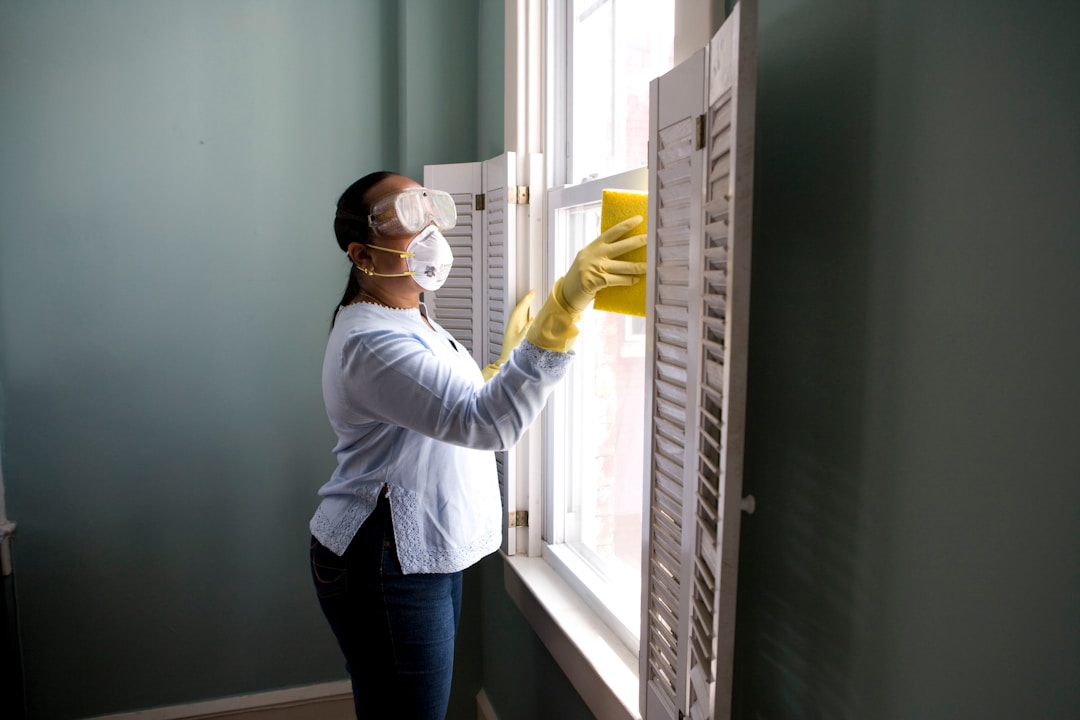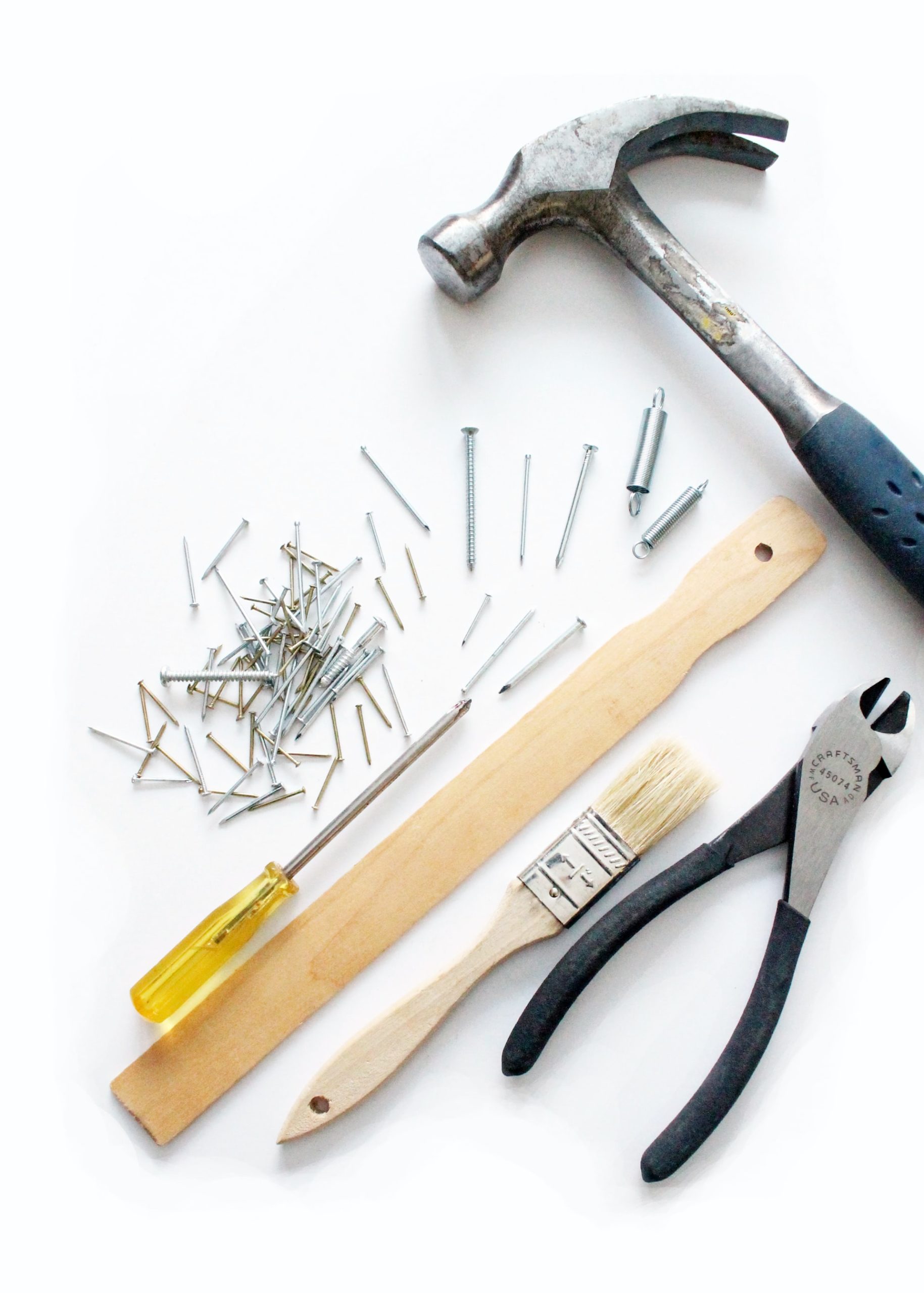Since COVID-19 hit, people in the United States and around the world have spent a lot more time indoors. This prolonged stay in out homes has given everyone a chance to reconsider the things they do around the house. From your routine checkups to how you clean, the coronavirus pandemic has given everyone time to reflect and change their habits. However, just because you’ve had more time doesn’t mean you’re doing it right. Here are some common mistakes you’re making around your house, along with some ideas for correcting them.
Ignoring Water Damage
It might be surprising to hear, but drains are some of the most important components in any type of building. This includes your home. That’s because leaks, particularly in your plumbing, can be small enough to seem insignificant, but if left unchecked, will cause a serious amount of damage. Small cracks in your drainage system can trap moisture in random areas around your house, and these wet conditions will lead to mold and mildew growth. Not only can they cause serious health problems, but they can damage the structural integrity of your home.
Clogs can also cause serious issues. They prevent water flow and can cause septic tank materials to back up into your sinks and toilets. Due to these issues, you should pay close attention to your plumbing system. Additionally, you should have your septic system professionally cleaned on a routine basis. It will help prevent most drainage issues and identify problem areas before they become major.
Checking Alert Systems

Another area that most homeowners tend to neglect is the regular maintenance of their alert system. These could be things like smoke or carbon monoxide detectors or security systems. Just like you need to get routine checkups for kids, you need to make sure your home systems are functioning properly. Depending on the types of systems you have in your home will determine how often you need to perform maintenance on them. A simple fix to this problem is to schedule reminders for yourself. Find the best time to check all the batteries in your smoke alarms. Make regular checkups with your security contractor. These little steps can prevent extreme accidents from happening.
Replacing Items
Many people don’t understand the shelf life of common household items. Some of the worst are things that come in contact with liquid. Sponges, for instance, are often used for weeks longer than they should be. No one at the CDC will come looking for you if you do this, but bacteria will start to build on your sponge and you’ll continue to leave soil particles on your dishes. Loofahs are also notorious for this problem. They can contain thousands of microorganisms on them. Changing them on a schedule will help improve the basic hygiene and cleanliness of your bathroom. If you don’t want to replace these items for fear of the cost, at least clean them. Many people often forget the levels of dirt and sludge that pass over these products.
Cleaning with “Elbow Grease”

Finally, a big mistake that most people make is cleaning with force. Most people are taught as adolescents that using extra effort will get the desired result. It’s time to work smarter, not harder. Areas like your garbage disposal, microwave, and coffee pot can be easily cleaned with the right procedure. Try using vinegar to clean these areas. In the microwave, warm up a bowl of water and vinegar for two minutes on high. Most particles will scrub clean with ease. If you’re cleaning your disposal, simply pour the water/vinegar mixture down the drain and let sit before rising clean. You can also run this through your coffee pot. It helps to eliminate stains and buildups from areas that are hard to reach.

